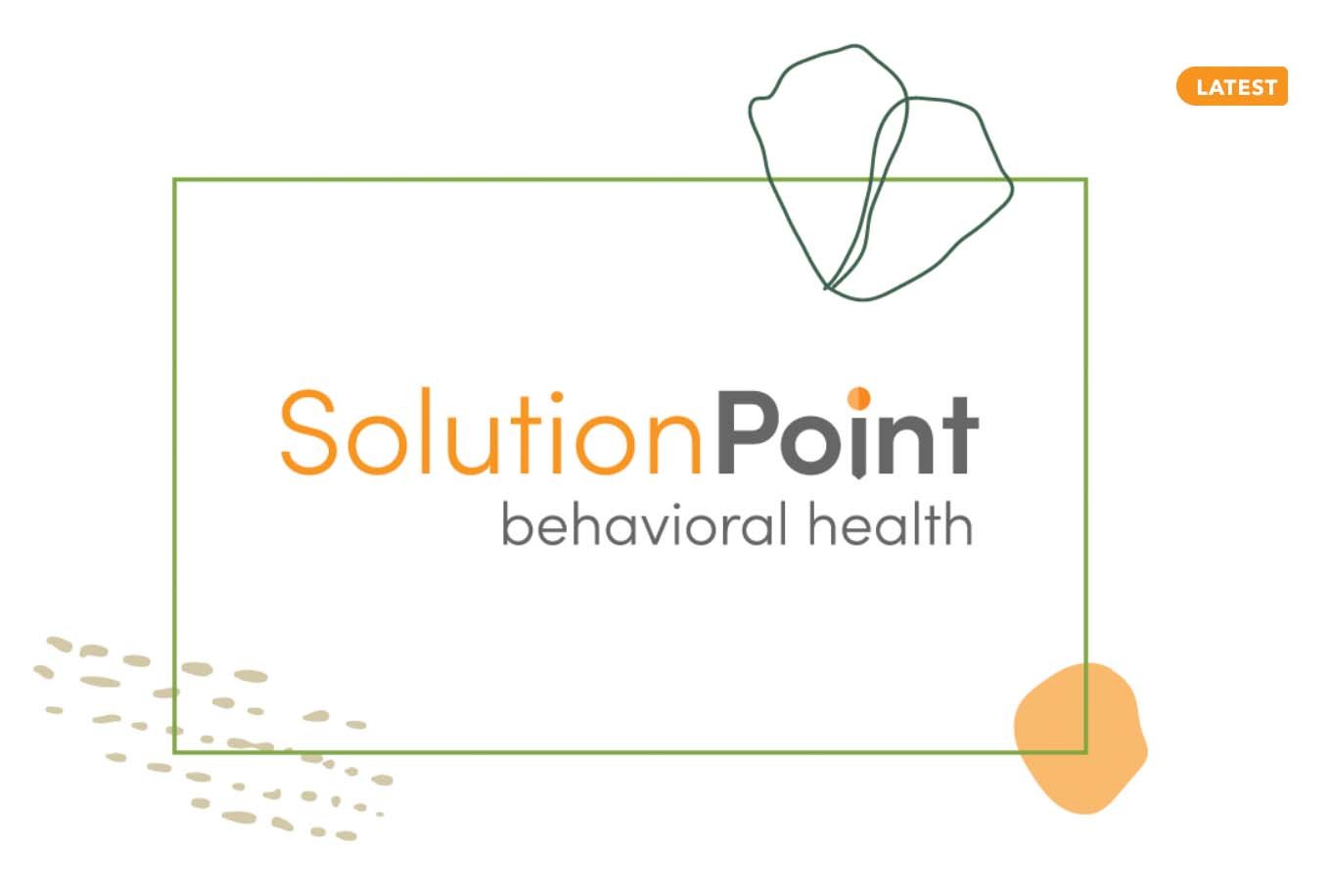
This page has been clinically reviewed by Dr. Sean Barlow.
Navigating the world of health insurance can be daunting, particularly when you or a loved one is seeking help for behavioral health issues. From trying to understand the specifics of your policy to identifying what’s covered and for how long, it’s easy to feel overwhelmed and frustrated. However, understanding your insurance coverage is critical to ensuring that you get the necessary support when it’s needed most.
In this blog, we’ll outline the top four ways to determine your insurance coverage, simplifying the process for you, and providing you with essential knowledge to make informed decisions.
1. Frequency and Quantity of Usage
One of the main factors insurance companies often consider in deciding what to cover is the frequency and quantity of your drinking or using. If you’re drinking and using every day, you’re likely to get 30 days of treatment coverage. However, remember that coverage is not one-size-fits-all, and each policy comes with its terms and conditions. What may be true for one person may not necessarily be applicable to another.
2. Identify Your Insurance Type: PPO vs. HMO
The type of insurance plan you have can significantly influence your coverage. For instance, if you have a Health Maintenance Organization (HMO) plan, you are typically restricted to certain providers within your HMO’s network. Conversely, a Preferred Provider Organization (PPO) plan gives you more freedom to choose your providers, but costs may vary.
Understanding your insurance type is fundamental to ensuring you can access the appropriate treatment centers and services covered by your plan.
3. Evaluate the Treatment Center’s Advocacy
The third factor to consider is the treatment center’s role in securing coverage. The effectiveness of a center’s Utilization Review Team can significantly impact your coverage. At SolutionPoint Behavioral Health, we prioritize our clients and their needs. We advocate strongly for your length of stay, working closely with insurance providers to secure the best possible coverage for your treatment.
4. Contact Your Insurance Provider
If you still find yourself confused or unclear about your coverage, reach out directly to your insurance provider. Request specifics about your coverage, ensuring that you understand the extent of what is covered. When you speak with a representative, remember to ask for their name, and take note what was said and when. This information could prove invaluable should any discrepancies arise in the future.
Understanding your insurance coverage can be a complex process, but it doesn’t have to be. At SolutionPoint Behavioral Health, we’re committed to supporting our clients not just in their treatment, but in navigating these logistical challenges too. Together, we can overcome barriers and pave the way towards effective, accessible help.




